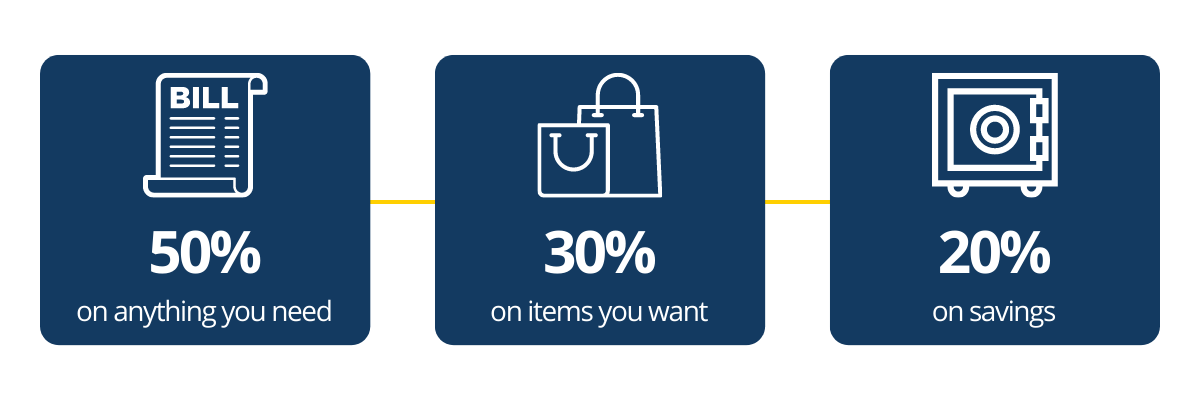- Savings
 SavingsSave regularly, from as little as £5 per month.
SavingsSave regularly, from as little as £5 per month.- Member Account
- Family Member Account
- Junior Account
- Notice Plus Account
- Reserve Account
- Festive Fund Account
- Discontinued Accounts
- Loans
 LoansHelping you by offering a range of loans for a variety of purposes, direct from your payroll.
LoansHelping you by offering a range of loans for a variety of purposes, direct from your payroll.- Member Loan
- Consolidation Loan
- Commutation Loan
- Student Officer Loan
- Revolving Credit
- Green Loan
- Loyalty Loan
- 70+ Loan
- Credit Builder Loan
- Holiday Loan
- Additional Borrowing
- Discontinued Accounts
- Mortgages
 MortgagesHelping the police family to get on and remain on the property ladder.
MortgagesHelping the police family to get on and remain on the property ladder.- Speak to a Mortgage Adviser
- Mortgage Calculator
- How to apply
- Agreement in Principle
- First Time Buyer
- Fixed Rate Mortgages
- Family Assist Mortgage
- Standard Variable Rate Mortgage
- Budget Planner
- Useful Contacts
- Financial Wellbeing
 Financial WellbeingSome of our top tips to help you manage your money even better.
Financial WellbeingSome of our top tips to help you manage your money even better.- Managing Debt
- Representative APR
- Credit Score
- Gambling awareness
- Stop Loan Sharks
- Jargon Buster
- Fraud Awareness
- Family Financing
- Support for your wellbeing
- Let’s Talk About Money newsletter
- Services and Support
 Services and SupportFind more information on the additional services or support we offer.
Services and SupportFind more information on the additional services or support we offer.- Interest and dividend rates
- Prize Draw
- Life Protection
- Notify us of your retirement
- FAQs
- Annual General Meeting
- About Us
 About UsFind out more about the biggest police credit union in the UK.
About UsFind out more about the biggest police credit union in the UK.- About Us
- Board of Directors
- Mission Statement
- News
- Contact Us
Lifestyle inflation
Written by: Ben Kirkman
Category: Let's talk about money
Read Time: 4 minutes

| Subscribe to our monthly “Let’s talk about money” newsletters here! |
Lifestyle inflation (also known as lifestyle creep) may be a new concept for some, but it’s a concept which is being discussed more and more. The term lifestyle inflation refers to when you increase your household spending as your income grows. With prices for products and services continuing to slowly rise at the time of writing this article, it’s important to ensure that you avoid being subjected to lifestyle inflation, particularly at a time when prices for products and services are rising to help you keep track of your finances. So, what is it you can do to help keep your hard-earned money in your account?
Article content
- Why is lifestyle inflation important?
- How to tell if your being subjected to lifestyle inflation?
- Ways to tackle lifestyle inflation.
Why is lifestyle inflation important?
There are many events in life that can lead to your wage increasing or decreasing, such as reducing hours or being promoted. It doesn’t matter how old you are or what stage of your career you’re at, understanding how to manage this change in income could help to put you in a better financial position.
Lifestyle inflation has the potential to cause financial problems if you get into the habit of regularly spending the increase in disposable income, rather than saving it. This is especially true if the income eventually drops, for example if you lose previously guaranteed overtime, as it could be hard to reduce your outgoings once you are used to a certain standard of lifestyle.
The following 50/30/20 model helps to provide a basic plan of how you could manage your finances.

Key consideration: The 50/30/20 method provides a possible framework of how to manage your salary, but this be achievable for everyone. It offers guidelines to help you manage your budget, and ensuring consideration is given to needs, wants and savings.
How to tell if you’re being subjected to lifestyle inflation.
The following questions have been designed to help you to reflect upon your own financial situation to see if you are falling into the habit of lifestyle inflation.
- Is the total amount you have in savings not increasing each month?
- Has your spending increased on non-essential items? E.g., Takeaways, clothes etc.
- Has your total amount of debt been increasing? E.g. Rising credit card balances and overdrafts.
If after reading the questions above you find that you relate to any/all of them, then you could be experiencing lifestyle inflation. Do not panic, as this could be changed by reviewing your budget.
We have gathered some hopefully useful tips to potentially help you to avoid lifestyle inflation.
What you could do to help tackle lifestyle inflation:
- Review your financial budget. Understanding the change in your income will help you to identify any changes and review your monthly spending. This may mean having to cut back on some areas of spending.
- Are you thinking about taking on an additional fixed expense, such as a new car? Think about how your finances may change in the future. For example, if you are considering making another large financial commitment (such as purchasing a property), you may be putting yourself under financial pressure by committing to another outgoing.
- Hold off on impulse purchases. Stop and reflect if you really need or want it, or could it wait.
- Don’t make major changes to your monthly outgoings as soon as your income increases. You should revaluate your financial budget once the excitement of your increased income has worn off. By doing this you will be better able to understand where, if at all, you can afford to spend/save the extra.
- Set yourself achievable financial savings goals, by starting to save or by increasing your existing savings. By making a commitment to yourself on how much you will save vs spend, you can help increase your chances of having money left over from your wage each month. Please keep in mind that even if you increase the amount by a small amount, you’re still building your financial resilience!
(Source: https://theweek.com/finance/1020966/what-is-lifestyle-inflation-and-how-does-it-limit-wealth)
We understand that many people like to celebrate an increased salary by treating themselves. Whilst this is totally understandable you should ensure that whatever you decide to spend the additional income on does not have the potential to cause any financial difficulty in the future if your income was to reduce.
Hopefully The information in this article has given you a basic overview of the more unfamiliar financial topic of lifestyle inflation. Despite not being talked about as much as other financial topics, this is a key topic to be aware of to help you better manage your money.
Please seek advice from a professional financial advisor before making any changes to your finance.
| Subscribe to our monthly “Let’s talk about money” newsletters here! |
Written by,
Benjamin Kirkman
Marketing Officer





